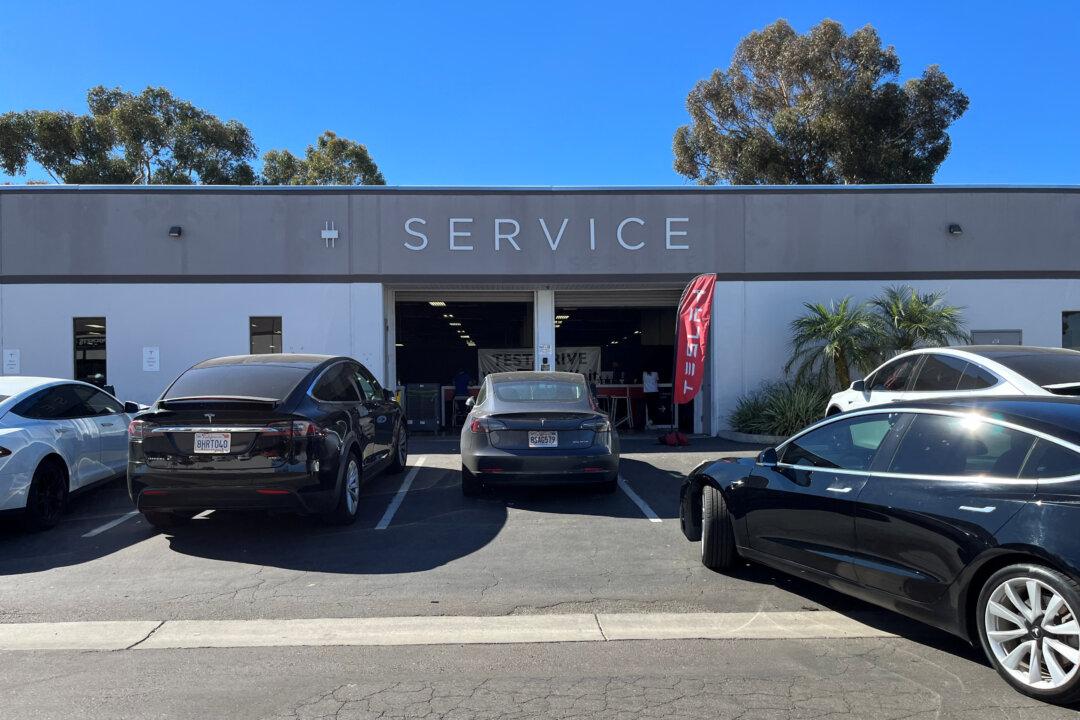The former chairman of China’s Anbang Insurance Group has been found guilty of fraud and embezzlement and sentenced to 18 years in prison, three months after the state seized control of the insurance conglomerate famed for buying New York’s Waldorf Astoria hotel.
Wu Xiaohui will also surrender 10.5 billion yuan ($1.65 billion), and his bank accounts, properties, shares, companies, and other assets have been frozen by the police, the Shanghai No.1 Intermediate People’s Court said in a statement on its website on May 10.
The court said Wu illegally raised 65.2 billion yuan through the sale of insurance products beyond regulatory limits, and embezzled 10 billion yuan from Anbang’s insurance fund.
When contacted by Reuters, an Anbang spokesman said the insurer, which is under government supervision, is stable and has “sufficient cash flow” to fulfill commitments to all customers.
Reuters could not reach Wu or his representatives for comment.
The judgement comes six weeks after a one-day trial in which Wu initially contested the charges against him. In his closing statement, however, he said he understood and regretted the crimes and requested leniency.
In its statement, the court said Wu concealed the extent of his shareholding of Anbang Insurance and Anbang Property & Casualty Insurance Co Ltd. It said he also incited others to fake documents to mislead the regulator into approving the sale of some insurance products.
The downfall of Anbang, widely known for its splashy overseas acquisitions including the $1.95 billion purchase of the Waldorf Astoria, highlights the government’s resolve in a sweeping campaign to reduce financial risk and discourage what it sees as profligate investing by large conglomerates.

Authorities officially seized control of Anbang and revealed the prosecution of Wu on Feb. 23. The state takeover would last for one year, during which Anbang will be managed by officials from financial regulators and government bodies.
In April, the banking and insurance regulator approved a 60.8 billion yuan capital injection for Anbang in a state-backed bailout aimed at smoothing the firm’s transition following Wu’s prosecution, and aiding government efforts to find private strategic investors.
Founded in 2004, Anbang became one of the most aggressive investors in a wave of major overseas acquisitions by Chinese firms in recent years that have attracted the attention of investors as well as global regulators.

But as Beijing sought to curb capital outflow in recent months, Anbang faced increasing pushback in its offshore deal-making.
Perhaps most important in China’s business environment is one’s political connections. Sources close to the Chinese Communist Party leadership told The Epoch Times back in June 2017 that Wu had ties to the family of Zeng Qinghong, the former Chinese vice premier and right-hand man to former Party leader Jiang Zemin. Jiang and his associates make up an opposition faction at odds with the current leader Xi Jinping and his allies.
The source said Wu had helped the Zeng family and other members of the Jiang faction to launder money overseas, while using his business dealings to spy on and influence foreign dignitaries.
By Shu Zhang. Epoch Times staff member Annie Wu contributed to this report.




